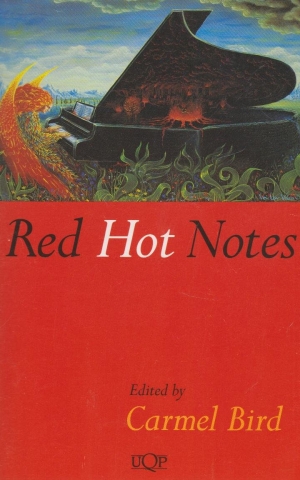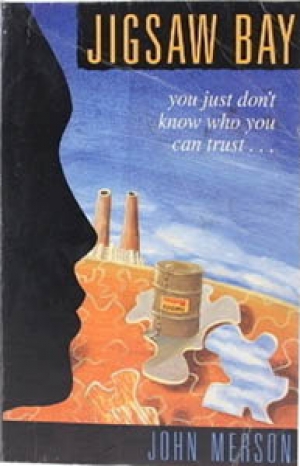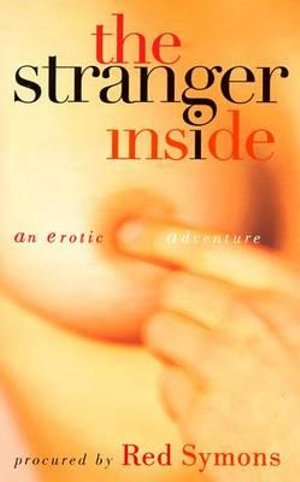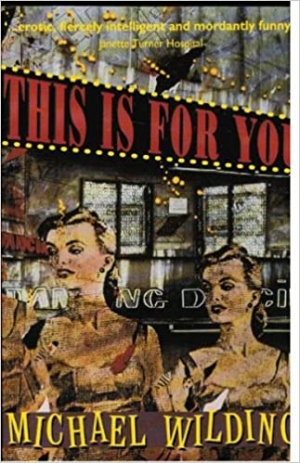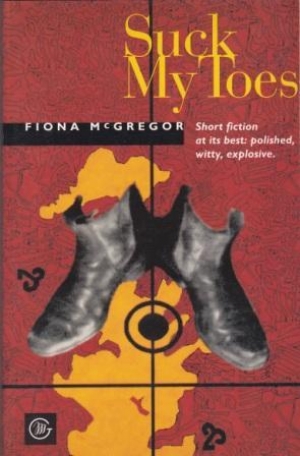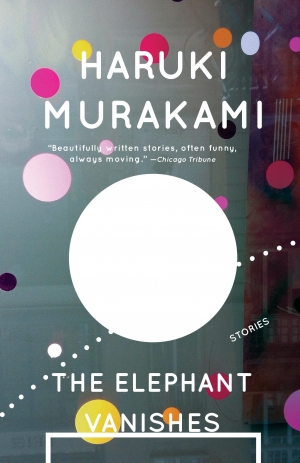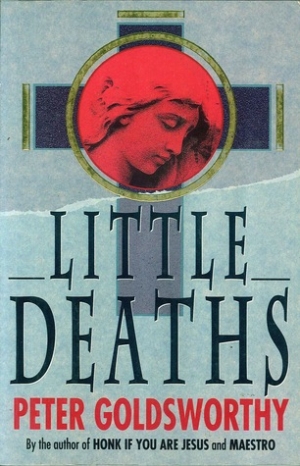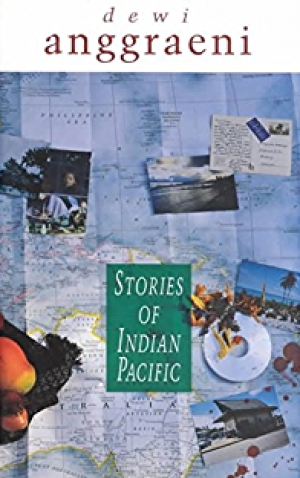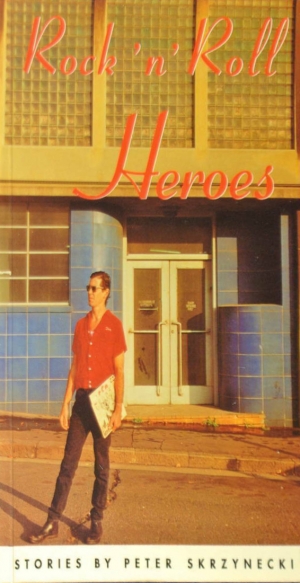Short Stories
Were it not for the timing, it would be easy to speculate that this richly evocative collection of pieces about music was the inspiration for Jane Campion’s glorious film, The Piano. So many elements of the film – the dominant image of the beached piano, the powerful undertow of sexual passion, even the unexpected violence-are present in this book in the most uncanny similitude. I should not be surprised since Carmel Bird has already displayed her uneasy fascination with the film in her dazzling essay ‘Freedom of Speech’ (in Columbus’ Blindness and Other Essays) and in her introduction to Red Hot Notes she admits that the film was a catalyst for the idea of various writers exploring ‘the complex feelings that surround, and embed themselves in, the human response to music’.
... (read more)Frances Kelly reviews 'Jigsaw Bay' by John Merson and 'Restless: Stories of flight and fear' by Garry Disher
More than ever books on today’s market have strong competition – particularly so if the title is intended for the 10+ reading audience. Publishers of children’s literature are responding to the need to entice a reading audience from the many technological forms of vivid and spectacular entertainment. Jigsaw Bay deserves a mention in this capacity.
The puzzle of Jigsaw Bay begins on an autumn morning as Danny McCall sets off, not to school, but to a secret place on the bay where he is playing truant with Yoko and Sam who will soon be part of the mystery. The plot is a good action one, strongly based in environmental ecology, corruption, and power. Danny, Yoko, and Sam with the help of greenie school teacher Bob and some slick court room tactics eventually win out and the murky details of corruption in Billington are revealed. The ideas in the plot kept me reading to the end of the book which is intended to attract readers by its directness and lack of complexity. I question, however, whether in an effort to succeed, the author has underestimated his audience and with the very best of intentions has ended up short changing readers.
... (read more)Kerryn Goldsworthy reviews 'The Stranger Inside: An erotic adventure' edited by Red Symons
The Stranger Inside is billed on its own front cover as ‘an erotic adventure’. The title would be considerably more innocuous if the book didn’t announce itself as erotica, but once it does, the phrase ‘the stranger inside’ suddenly becomes suggestive in the extreme. It’s a good title, partly because grammar renders it fruitfully ambiguous: apart from the obvious implication, it could also mean ‘the inner alien’ (a fragment of psychobabble, as in ‘the inner child’), or perhaps ‘the more peculiar interior’ (as in ‘my inside is stranger than yours’). Whichever way you read it inside the body, inside the book, inside the soul the phrase suggests that eroticism depends on a combination of interiority and mystery.
... (read more)Michael McGirr reviews 'This Is For You' by Michael Wilding
These twenty-one stories have a pedigree; according to the customary list of acknowledgments, they have had a previous life littered across no fewer than twenty-six books, magazines, and journals, some of whose names are unfamiliar even to my local newsagent. I’m not sure these days if places of publication should properly be called ‘sites’, ‘topoi’, or ‘venues’. Such is the prevalence of dope in this book, however, that perhaps they could be called ‘joints’. But This Is For You is certainly greater than the sum of its parts.
... (read more)Sometimes I long for beauty – in a book I want beautiful writing and even some beauty illuminated in everyday experience. Fiona McGregor’s short story collection does little to ease my longing.
... (read more)Alan Wearne reviews 'The Elephant Vanishes' by Haruki Murakami, translated by Alfred Birnbaum and Jay Rubin
Every adventurous reader of fiction ought to have a private hoard of novelists, preferably from a non-English writing background, who have escaped the appalling nonsense of Booker-style PR hype. Luckily, publishers like Collins Harvill set about promoting such writers; unluckily for Australia, though, our major literary pages often neglect to review the bulk of such output. You will have your favourites in such a category, but let this reviewer recommend the following: Jose Donoso, Etienne Leroux, Jose Saramago, Eduardo Mendoza, Saiichi Maruya, and Haruki Murakami.
... (read more)Heather Falkner reviews 'Little Deaths' by Peter Goldsworthy
This is the finale to ‘The Death of Daffy Duck’, one of the stories in Peter Goldsworthy’s latest collection. ‘The Death of Daffy Duck’ outlines the end of a friendship between two bon vivant couples whose years of dining out together had come to an end in a restaurant, during dinner, when one of the men almost choked to death on a piece of food (the ‘Scene’ referred to), and the other saved his life. From that time on, the saved man will not speak to his rescuing friend.
... (read more)John Donnelly reviews 'Stories of Indian Pacific' by Dewi Anggraeni
Works of Indonesian fiction, whether set in Indonesia or written by Indonesians, are still comparatively rare in Australia, and can therefore be difficult to read sensitively. In her collection of three novellas set in New Caledonia, Adelaide/Bandung and Bali, Melbourne writer Dewi Anggraeni attempts to explore the ground between cultures and the way people straddle cultures and come to an accommodation and understanding of each other. She is not always successful.
... (read more)Thomas Shapcott reviews 'Nowhere Man: Stories, 1984-1992' by John Irving
These stories are well written and rather depressing. That makes them, I guess, rather representative of what one might call the current state of short-story writing by urban males. One thinks immediately of recent collections by Garry Disher and Nick Earls. There seem to be a few basic starting off points, the most notable being in the delineation of defensiveness and insecurities that give the male characters, who are often the narrators, a sensitive but decidedly uptight response to, well, almost everything. Women, parents, children (their own), and particularly the drab world that has snuffed out some early spark of liveliness or vitality (which is usually rubbed for sympathetic magic in moments of nostalgic recall).
... (read more)Andrew Peek reviews 'Rock ‘n’ Roll Heroes' by Peter Skrzynecki
For its double epigraph, Rock’n’Roll Heroes combines a couple of lines of Midnight Oil’s Hercules – ‘my life is a valuable thing / I want to keep it that way’ – with six wonderfully numinous sentences from Thomas Traherne:
... (read more)
